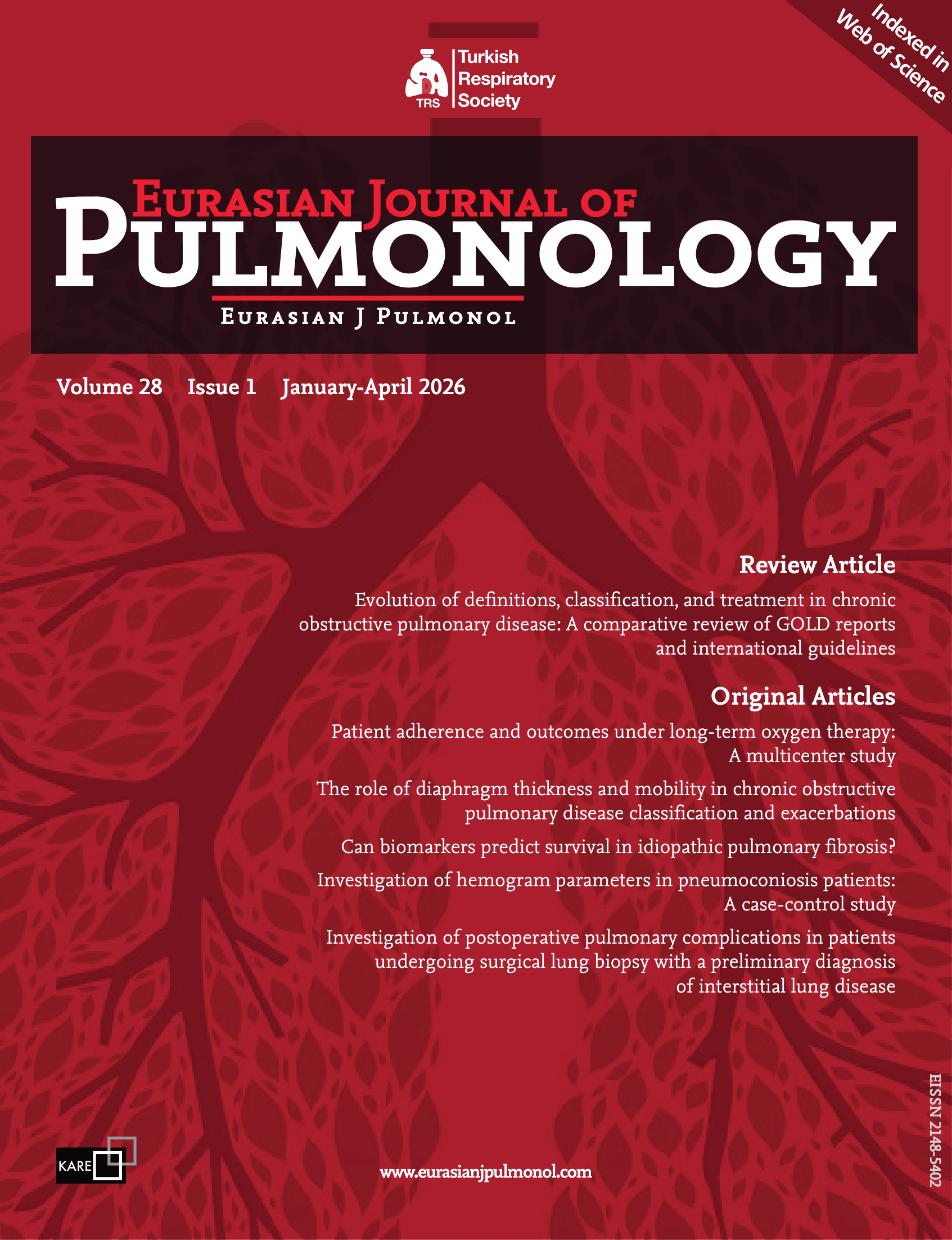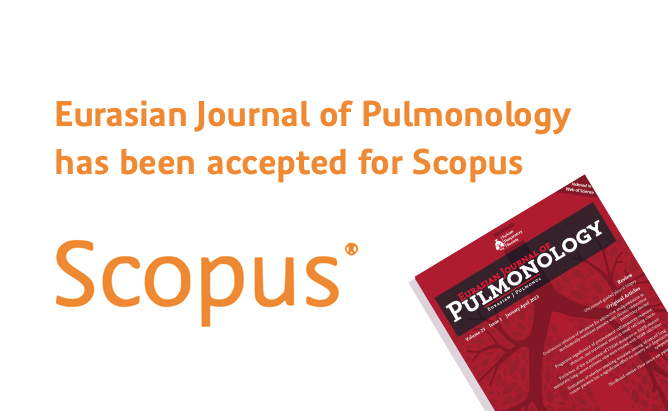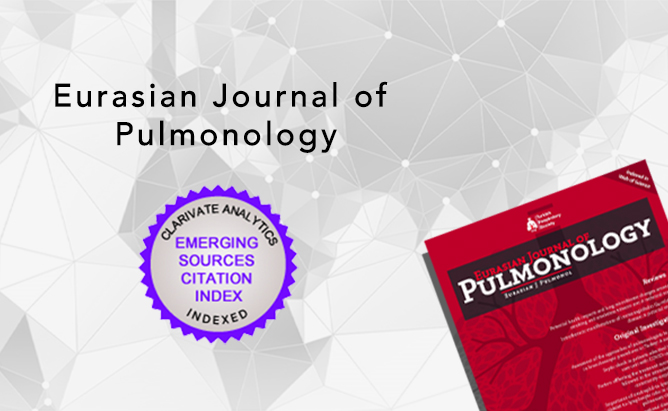2Department of Biochemistry, Selcuk University, Konya, Turkey
Abstract
OBJECTIVE: In the context of the physiopathology of lung damage due to ischemia and reperfusion injury, we aimed to reveal the effects of the addition of morphine sulfate to ischemic postconditioning (PC) protocol.
METHODS: In the present study, 48 Wistar albino female rats were employed. Group 1 was accepted as the Sham group that underwent thoracotomy through the fifth left intercostal space. Ischemia-reperfusion (IR) group: Thoracotomy and IR period. IRPC group: thoracotomy, IR period and ischemic PC. In IRPC3 and IRPC30 groups, in addition to ischemic PC different doses of morphine sulfate (3 μmol and 30 μmol) was administered. Tumor necrosis factor (TNF)-α, interleukin (IL)-1, and IL-10 levels were measured in the biochemical assessment of the lung tissue samples obtained.
RESULTS: TNF-α and IL-1 (pro-inflammatory cytokines) have lower values, and IL-10 (anti-inflammatory cytokine) have higher values both in the groups which have been subject to PC and morphine. TNF-α and IL-1 levels in lung tissue were statistically significant between the IRPC3 group and the IR and IRPC groups. In addition, IL-10 level in lung tissue was statistically significant between the IRPC3 group and the IRPC group.
CONCLUSION: In the present study conducted with experimental animals where morphine was also injected beside ischemic PC protocols, statistically significant differences were determined in the lung tissue analyses when we compared pro-inflammatory and anti-inflammatory cytokine values. We firmly believe that adding morphine to the lung transplantation protocols and PC will decrease IR damage.









